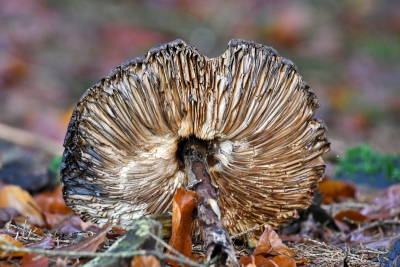From September 18 to 22, 2023 it's the Fungal Disease Awareness Week.
Many people are affected by fungal diseases at various times in their lives. For example, inhaling mold spores can cause diseases such as histoplasmosis, blastomycosis or valley fever.
Fungal diseases are increasing worldwide. This is due to the increase in the Earth's temperature which can allow infectious fungi in the environment to grow in new areas that were previously too cold. Changes in climate can also cause fungi to evolve, threatening the emergence of new fungal infections. For example, the Candida Auris epidemic (the hospital fungal infection!) would be the first to be caused by climate change. The fungus is known for its extreme resistance, its super-fast spread and the high mortality rate of patients who become infected with it.
Of course, not all molds are poisonous, but some molds are known to be capable of producing toxins (mycotoxins). Eating or inhaling these toxins can lead to a yeast infection.
Despite all we now know about how mold causes diseases, misdiagnoses still occur and can cost lives. Also the fact that people are increasingly becoming resistant, there are only limited available antifungal medications. This means that it is more common that fungal diseases cannot be treated.
This week should ensure that the world population becomes aware of the fact that inhaling or eating mold spores can have fatal consequences.
Source: Mushroom Matter
Fungal Disease Awareness Week
Sep 08,
2023






















